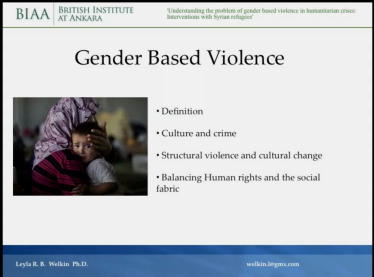
Mike Agar’s lecture at the fourth workshop will investigate socially constructed complexity with a thematic focus on water. Below are his preliminary notes on the lecture.
Is the best way to understand the phrase “socially constructed complexity,” or SCC for short, to map it onto prior social theoretic discourses of “institution” and “organization” and “governance?” This presentation will focus on the semantics of the original phrase to think about that question. Perhaps the phrase best lends itself to a theory of social emergence and decomposition, or to a theory of social change in the context of practice theories more generally. At any rate, the talk will begin with a grounded sense of a nonlinear process examined over time involving but not restricted to human agency.
A second general question: Can SCC do a good job of transcending the theory/practice distinction and create a common discourse accessible and meaningful to academic researchers, practitioners and citizens at the same time? In the case of the water example to come, could it at the same time contribute to critical theories of the “hydrosocial cycle,” be of use to water managers, and clarify an issue for voters in an election?
With these questions in mind, a detailed case of water governance in New Mexico will be described. The general question for the case analysis will be, does the SCC concept enlighten us as to how to describe and explain the dynamics of its history and its current dysfunctional state?
If you want to attend the workshop, write a short email to Ozge Dilaver (o.dilaver@surrey.ac.uk) or Amy Woodward (a.woodward@surrey.ac.uk) explaining your research interests and how you can benefit from the workshop. The workshop is free of charge and there are (limited) travel support you can apply for. There are limited places in the workshop and they will be allocated on first come first served basis among scholars with relevant research interests. Early career researchers will be prioritised for travel support. The image above is taken from http://www.gratisography.com.







